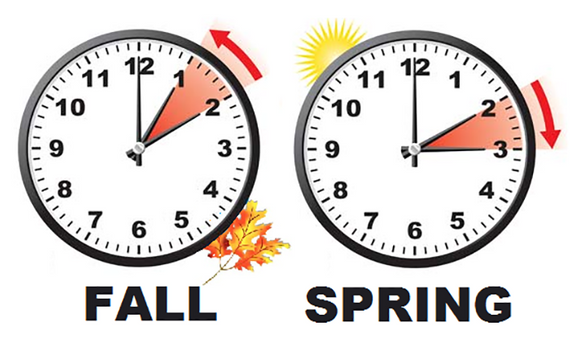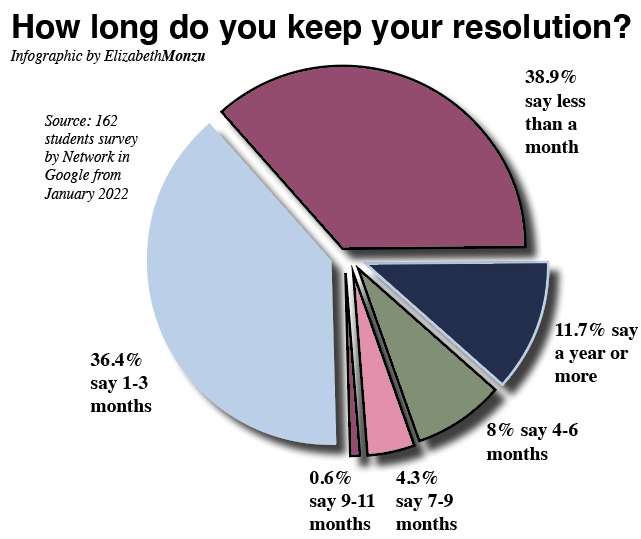It is finally a new year and the time for a fresh start. After the wild ride of 2020, people are feeling particularly excited to have a new beginning, and a year full of endless new opportunities. Since the start of 2021, many people have taken the time to reflect on 2020 and see where they might want to make positive changes in their lives, hence why many people set New Year’s Resolutions at the beginning of the year. According to the Statista Global Consumer Survey, the top ten New Year’s Resolutions are to:
- Exercise more (44%)
- Eat healthier (42%)
- Spend more time with family / friends (34%)
- Lose weight (31%)
- Live more economically (30%)
- Spend less time on social media (24%)
- Improve performance in the job (23%)
- Reduce stress on the job (20%)
- Quit smoking (19%)
- Cut down on alcohol (15%)

One study published in the Journal of Clinical Psychology showed that people who set New Year’s resolutions are 10 times more likely to actually change their behavior than people who don’t make yearly goals. Having a goal that you can focus on is especially helpful during these uncertain times. While you may not be able to control what’s happening in the world, you can control the actions you take towards being the best person you can be. Even though it has passed January 1st, it is still the beginning of the year, so here are some ways you can make resolutions that you can actually stick to!
Choose A Specific Goal: Many people break their New Year’s resolutions because they set vague, unspecific goals. For example, one popular New Year’s Resolution is to exercise more. The resolution to exercise more is very unspecific, and if there is no plan as to how someone is going to exercise more, they will likely break their resolution. Focus on choosing a very specific, achievable goal that you will be more likely to stick to over the course of the year.
Put Time Into Planning: Having a detailed plan as to how you will achieve your resolution is also important. Experts suggest that you brainstorm how you are going to achieve your resolution, which includes the steps you will take, why you want to achieve this certain goal, and ways you can keep yourself motivated to stick to your resolution throughout the year. If you start working toward a goal without having any sort of plan, you are more likely to give up when you face any sort of obstacle, setback, or resistance. If you know exactly what you want to achieve and the difficulties you might face, you will be more likely to stick to your resolution and overcome the setbacks.
Start With Small Steps: Taking on too many huge goals too quickly is one of the reasons why many people break their New Year’s Resolutions. Instead, focus on taking small steps that will ultimately help you reach your goal. For example, if you are trying to eat healthier, start by replacing some less healthy foods with more nutritious foods, rather than trying to cut out several foods at once. While it may seem like a small start, these small changes will make it easier to stick to new habits and increase the likelihood of having long-term success.
Keep A Resolution Journal: Last but not least, a helpful idea is to keep a resolution journal where you can write about your successes and struggles. You can write down all the reasons why you are working toward your goal, and you can refer to them whenever you are feeling unmotivated.



























